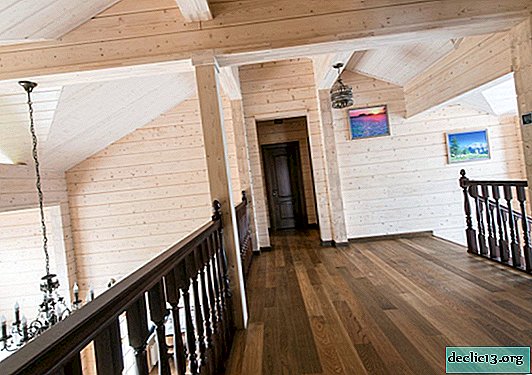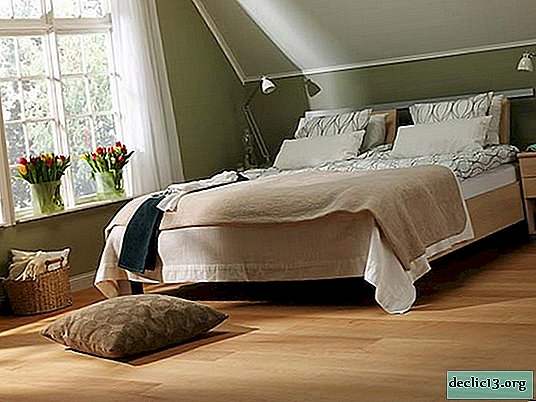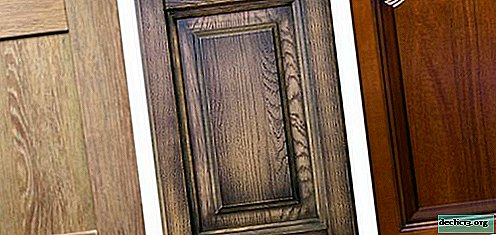How to clean a bath at home

According to statistics, a person spends 1.5 years of life in the bathroom. Excessive moisture contributes to the development of all kinds of bacteria and fungi. Therefore, regular cleaning of the bathroom is necessary for health and well-being. To maintain the whiteness of plumbing, a few hours a week are enough. Using folk methods can save not only time but also money.
Safety Precautions
The bath is washed with gloves that protect your hands from harmful chemicals or acids. The processing room opens windows and a door. This is necessary because caustic vapors negatively affect the human body.
For all types of contamination, cleaning with metal brushes or sponges is not allowed. Otherwise, scratches and cracks will appear. Laundry detergent spoils the surface of the bath. In the same way, solutions containing acids, chlorine or alcohol act.
To preserve and not damage the product, non-aggressive cleaning methods must be used. For each type of coating, an appropriate product is used that is suitable for this material.
Cleaning the acrylic bath from yellowness and rust

Regular washing extends the life of the bath. Acrylic coating requires less maintenance than other materials. Contaminants should be removed every 2 weeks. It is unacceptable to use powders and household chemicals, which contain abrasive substances, because they damage the outer layer and leave cracks.
- Permanent cleaning after using the bath will help prevent the appearance of yellow spots on the product. Rinse the surface with hot water, wash with a sponge and laundry soap. After 5 minutes, rinse off the remaining foam and then wipe it with a dry cloth. The method will help to protect the surface from rust for a long time.
- Acrylic surfaces are advised to wash with a liquid of citric acid and vinegar. Fill the bathtub entirely with warm water, add 1.5 l of table vinegar (9% solution) and 100 g of citric acid. This product is of natural origin and is actively used in the food industry. Stir the liquid gently and do not rinse for 12 hours. Then pour water and wipe the bath thoroughly.
In addition, it is necessary to carry out disinfection 1 time per month:
- Fill half of the bathtub with warm water. The remaining surface is washed with rinsing.
- Pour chlorine-containing product: ready-made liquid with a spray from the store or a separate solution for disinfection (chloramine).
- Leave on for 10 minutes and then rinse several times.
- Wipe with a dry cloth.
After using cleaning agents, you need to ventilate the room for an hour, and also thoroughly rinse the surface with water.
Folk remedies
In people's councils, non-standard methods of cleaning the bath are used. Buying expensive chemicals is not necessary, since the ingredients are used that are freely available.
- Baking soda. From yellowed spots on the coating of the bath will help baking soda. It is necessary to pour a thin layer on the problem area, wait 10 minutes. Then rinse with a stream of water.
- Borax and lemon juice. Traces of rust are removed with a mixture of borax and lemon juice. It will take 5 grams of borax and 100 grams of lemon juice. Leave on for 25 minutes, then rinse with water.
- Vinegar and salt. Heat 100 ml of vinegar in a water bath, then mix it with coarse salt (2 tbsp. L) and grate pollution. Wash off after 10 minutes.
- Salt and turpentine. To clean the bath, a mixture of salt and turpentine is made. Apply viscous mass to the surface and wipe off stains.
People’s councils recommend soda and vinegar as a means of cleaning up any impurities. However, for enameled baths, this method is not suitable. Even a small amount of acid can damage the coating and cause cracks.
Soda ash will help get rid of old spots. First rinse the bath. Then pour soda ash and wait 2 hours. Then wash the bath thoroughly with warm water.
All of the above cleaning methods are suitable for steel and cast iron bathtubs. If home methods have not yielded results, then you should use ready-made household chemicals.
☞ Video tips
//youtu.be/fR6x1rxrrqo
Purchased Chemistry
Manufacturers of household chemicals offer bath gels, liquid solutions, and powder formulations. When choosing a tool, it is worth carefully studying the instructions for use. The acrylic surface will deteriorate from alkali, and steel and cast iron plumbing, on the contrary, will become snow-white.
The three most effective and popular bath products in 2016:
- Cilit bang (Silit Beng) is a universal assistant who will cope with plaque and rust.
- Bugs Acrylic - a special tool for acrylic bathtubs and showers.
- Frosch (Frosch) for bath and shower - an environmentally friendly product based on natural acids. Suitable for enamel and acrylic coatings.
Before buying household chemicals, you should avoid the following labels:
| Annoying | Harmful | Tart | Dangerous |
|---|---|---|---|
 |  |  |  |
| Contact with skin causes redness and itching | Composed of toxic substances | Contains acids and alkalis. Work only with rubber gloves | Hazardous to the environment |
If, nevertheless, this symbol is on the selected packaging, then extreme caution in use should be observed.
☞ Video recipes
How to clean an old cast-iron bathtub
A common problem for owners of cast-iron bathtubs is damage to the product by rust. To remove impurities, you need vinegar essence:
- Pour hot water into the bathtub, add 200 ml of vinegar essence (70%). Mix well and leave for 4 hours. Then drain and rinse with a shower.
- If the plumbing is in a state of neglect, then this method will not remove everything from the first try: it will take several applications.
Rust on a cast-iron coating should not be rubbed with sandpaper or metal brushes. This will permanently ruin the enamel, and dirt will appear even more often.
☞ Video plot
The best way to remove limescale in the bathroom
To remove limescale, you can use folk remedies or choose the right composition from the store. An indispensable condition is the absence of hydrochloric acid, oxalic acid, alkali and formaldehydes. Otherwise, the enamel cannot be restored.
Alternative methods from limescale:
- Dissolve ammonia in a container of water and leave it on the surface for 10 minutes. After draining the water and rinsing the bath.
- Lemon juice will cope with plaque. It must be applied for 10 minutes, and then rinse with water.
- Mustard powder or dry mustard not only eliminates pollution, but also disinfects.
To maintain whiteness, the bath is wiped with a cloth dampened in vinegar. Instead of fabric, paper napkins can be used. They are left for 2 hours in the bath, and then washed off with water.
Useful Tips
- The main cause of damage to the surface of the bathtub is improper cleaning products. Always read the instructions for use carefully.
- Do not allow the appearance of puddles after draining the bathroom. In this case, the water is removed with towels or another absorbent cloth.
- To prevent mold and mildew, the coating must be sanitized regularly.
- No need to pour water into the bathtub after mopping, the remains of detergents and powders. And if this happened, then immediately rinse with water and wipe dry.

















